Apple AirTags Finally Announced: How Do They Compare to Other Trackers?
Apple’s new AirTags offer fine-tuned location features and impressive Apple-standard privacy settings, but are they better than similar products?


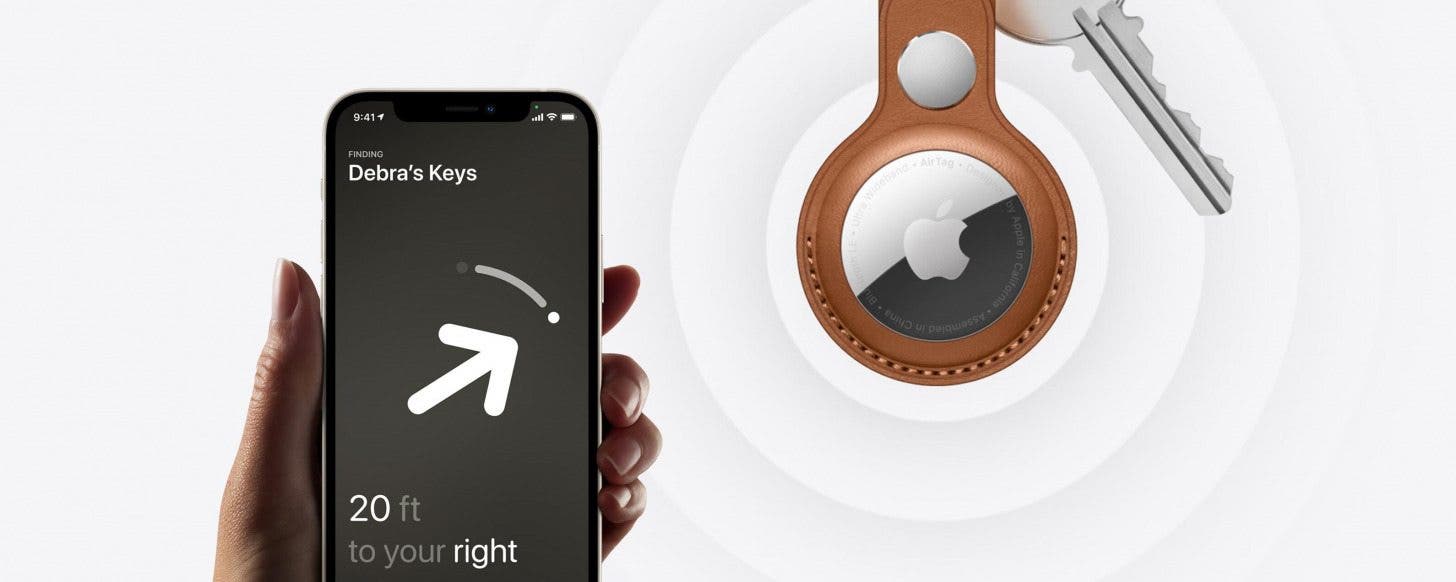 Finally! The rumor mill has been buzzing about Apple AirTags since 2019, and their announcement at the 'Spring Loaded' Apple Event was long overdue. These small puck-like tracking devices allow you to attach them to valuables to help locate lost items. AirTags utilize Bluetooth connectivity and operate using the Find My app. But with many other popular tracking devices on the market, the question is: how do Apple AirTags measure up against their competitors?
Finally! The rumor mill has been buzzing about Apple AirTags since 2019, and their announcement at the 'Spring Loaded' Apple Event was long overdue. These small puck-like tracking devices allow you to attach them to valuables to help locate lost items. AirTags utilize Bluetooth connectivity and operate using the Find My app. But with many other popular tracking devices on the market, the question is: how do Apple AirTags measure up against their competitors?
Related: It's Purple! iPhone 12 Color Surprise at Apple Event
AirTag Prices & Availability
Pricing
- $29 for one AirTag
- $99 for a set of four AirTags
Another consideration is the cost of the attachment accessories for the small puck-shaped tags, which don't otherwise attach to items on their own.
Availability
- Pre-order on April 23
- In stores and online April 30
Batteries
It's important to note that because AirTags are not rechargeable, you will need to factor in the minor cost of battery replacement. This water and dust-resistant tracker is designed to have a year's worth of battery life.
Replacement CR2032 batteries are easy to find, and Apple says that the batteries are "user-replaceable," meaning they should be simple enough for everyday users to replace when needed.
Compatibility
AirTag functionality requires that a user have an iPhone or iPod touch running iOS 14.5 or later, or an iPad running iPadOS 14.5 or later. Software updates to match these requirements will be available starting next week, according to Apple.
Precision Finding is compatible with all iPhone 11 and iPhone 12 models.
How Does Precision Finding Work?
Apple AirTags are equipped with the Apple U1 chip, which utilizes Ultra Wideband technology to make location tracking much more precise. The chip merges inputs from the camera, ARKit, accelerometer, and gyroscope on any iPhone 11 or 12 to provide incredibly accurate location tracking. This means that instead of just playing a song from your lost device (like Tile does), the Find My app on your iPhone is able to give you precise directions to your lost object, letting you know if it is 20 feet to your left or one foot to your right. Of course, the AirTag can still play a sound when needed! The VoiceOver feature is also a great addition, helping to direct blind or low-vision users toward their lost objects.
At close range within a few hundred feet, AirTags utilize your Bluetooth connectivity to find your lost objects. Over a longer range, it leans on the support of the vast Find My app network. This network, approaching a billion users, utilizes Bluetooth tracking from other enabled devices to detect your lost object and anonymously relay the location back to the owner. This feature is similar to the Tile tracking app, but the nice thing about Apple's version is that you don't need to run an app in the background. AirTags and Precision Finding are designed to be efficient to avoid draining battery life. If your AirTag experiences issues with precision finding, read this.
Who Will Have Access to My Location Data?
I was pleased to see Apple directly address the privacy concerns that come with any tracking device. Communication between AirTags and the Find My network is end-to-end encrypted so that only the owner of the device has access to location data, and none of the data is physically stored on the AirTags themselves. It also has a set of features that discourage unwanted tracking, such as rotating signal identifiers and unwanted AirTag detection, which alerts you if an unknown AirTag seems to be traveling with you from place to place over time.
You don't have to worry about what would happen if you lost your AirTag, either. AirTags can be placed into Lost Mode just like certain other Apple devices, which will allow the finder of the lost tag to tap it with their iPhone or NFC-capable device (the same technology that allows smartphone users to pay at a register with their smartphones) to be taken to an information page about how to contact the lost AirTag's owner.
I'm curious to see how well the AirTag security features actually work. The idea of being alerted to unwanted AirTags both on my iPhone and via an audible sound from the foreign AirTag itself is comforting (and a feature not currently offered by Tile or other Bluetooth trackers), and if it works well, it would assuage my worries about strangers using their AirTags to track unsuspecting people.
Another welcome benefit is that these unwanted AirTag alerts will only happen when an unrecognized AirTag is separated from its owner and consistently near you, meaning if you're sitting next to your friend on a flight and their AirTag is nearby, you shouldn't be alerted.
What Is the Find My Accessory Program?
In an interesting turn, Apple has announced that third-party products and accessories can also add support for finding lost items with the Find My app. Allowing manufacturers to build in the same finding capabilities used in AirTags has a pretty obvious benefit for both Apple and those using the Find My app: an increased number of people using the Find My network means an increased efficiency for long-range searches. Because the Find My network relies on the Bluetooth tracking of other devices when your own are out of range, more people using the Find My network leads to a stronger and more efficient finding service.

Does the Need for Accessories Make AirTags Less Desirable?
While AirTags are equipped with powerful tracking features, the offerings of this product are slightly less versatile than its competitors. AirTags come in only one size, and require an additional accessory in order to attach them to products. While we will likely soon see a slew of less expensive third-party options, for now Apple has partnered with Hermès to create a variety of leather and polyurethane key rings, bag charms, and luggage tags, and also offers a selection of Apple-designed accessories.
The Apple AirTag accessory designs start at $29, the cost of an AirTag itself, and the Hermès collection starts at $299. Each Hermès Key Ring, Bag Charm, or Luggage Tag purchase comes with a "custom-etched AirTag Hermès" as well, which seems like a small concession considering the steep price tag.

Are AirTags Worth the Money?
Apple developers have created a powerful tracking device, but the precise tracking features and privacy settings may not be enough to put it ahead of other competitors in the market. The need for accessories to attach AirTags to objects raises the price of the product, and I'm curious to see how successful AirTags continue to be with the growing Find My network accessory program. With more manufacturers building the same finding capacities directly into their own products, this could eliminate the need for adding external tracking devices to electronics. (And on that note, why didn't the newly upgraded Apple TV's remote have this finding feature built in?)
In the end, I'm unsure whether AirTags will become a staple in the line of Apple products, or simply a glorified finder of my car keys. But we do know that, unlike several alternatives, AirTags are quite water resistant!


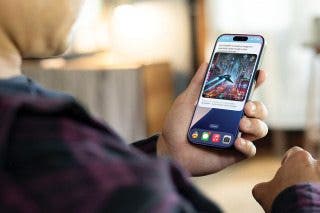
 Rhett Intriago
Rhett Intriago

 Olena Kagui
Olena Kagui
 David Averbach
David Averbach
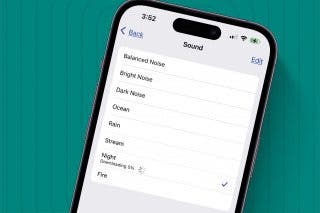
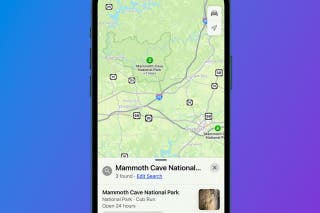
 Leanne Hays
Leanne Hays
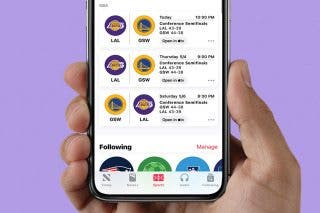



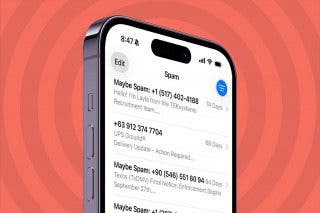
 Amy Spitzfaden Both
Amy Spitzfaden Both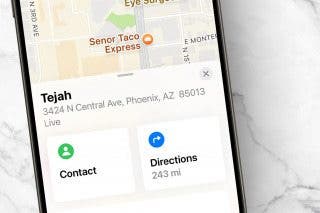
 Rachel Needell
Rachel Needell
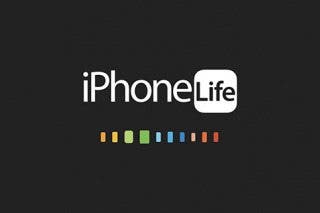
 Susan Misuraca
Susan Misuraca